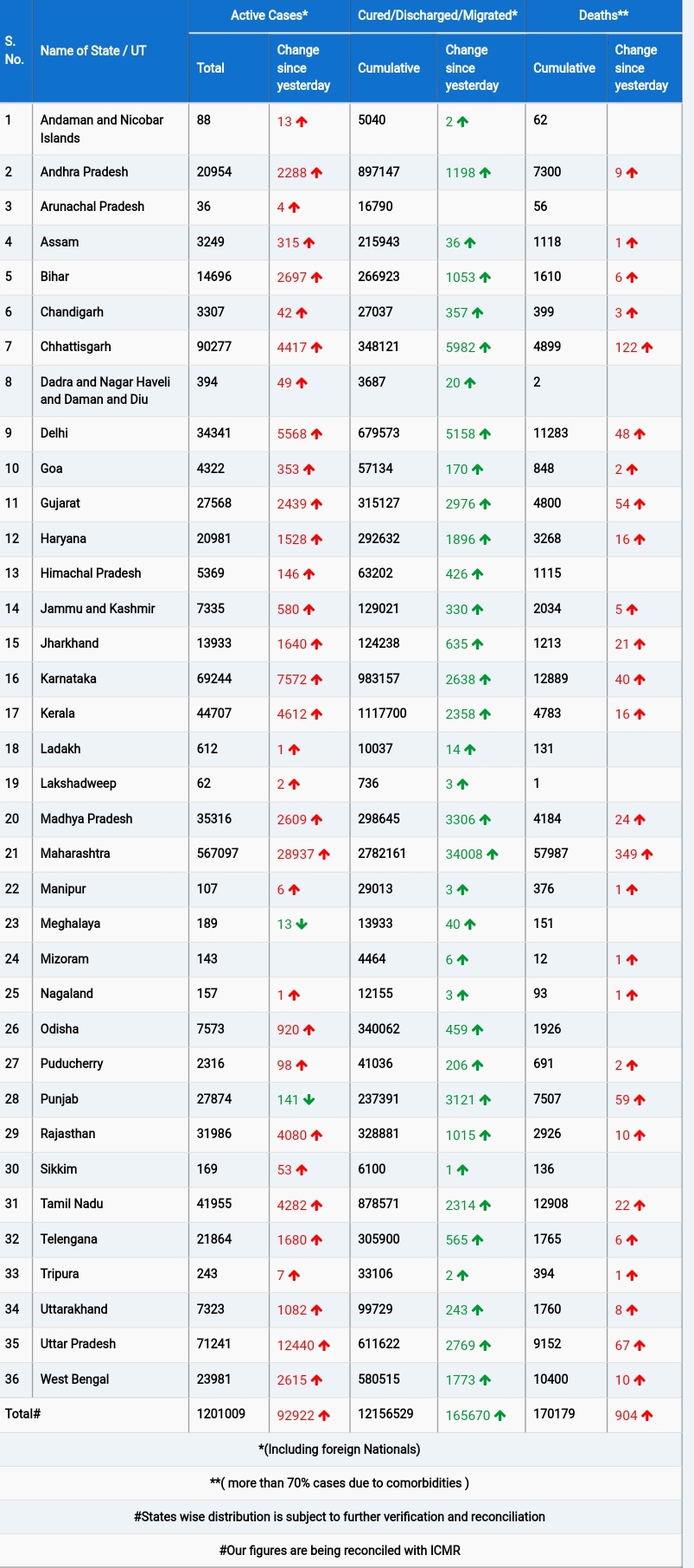Houston, Nov. 8, 2024 — Researchers at Cleveland Clinic have shared promising new insights into a preventive vaccine for triple-negative breast cancer (TNBC), the deadliest and most treatment-resistant form of breast cancer, at the Society for Immunotherapy of Cancer (SITC) Annual Meeting. The study updates, presented by lead investigator Dr. G. Thomas Budd and his team, reveal that the vaccine is both safe and effective in stimulating an immune response in the majority of study participants.
Launched in 2021, the phase 1 clinical trial has so far enrolled 26 patients and is conducted at Cleveland Clinic’s main campus in collaboration with Anixa Biosciences, Inc. The trial is examining the vaccine’s safety profile and its capacity to trigger immunity against TNBC. Findings highlight that the vaccine was generally well tolerated across all tested doses, with only mild to moderate side effects. Researchers also identified the maximum dose safely tolerated and shared promising results regarding the immune response, marking a major milestone in the vaccine’s development.
Study Breakdown: Addressing High-Risk Groups
The phase 1 study has been structured into three distinct cohorts to test the vaccine’s safety in various patient populations:
- Phase 1a: Involves patients who have completed treatment for early-stage TNBC in the past three years, are currently cancer-free, but remain at high risk for recurrence.
- Phase 1b: Focuses on individuals at high genetic risk (BRCA1, BRCA2, and PALB2 mutations) who are cancer-free but have chosen preventive mastectomies.
- Phase 1c: Includes patients with early-stage TNBC who have residual disease post-chemotherapy and surgery, a group particularly vulnerable to recurrence.
The promising phase 1 findings pave the way for an anticipated phase 2 trial, scheduled to begin in 2025. This phase will assess the vaccine’s efficacy over two to three years.
Vaccine Designed to Target Unique Protein Found in TNBC
The TNBC vaccine research stems from the pioneering work of the late Dr. Vincent Tuohy, a distinguished breast cancer researcher at Cleveland Clinic. Dr. Tuohy’s studies identified α-lactalbumin, a protein linked to lactation, as a target. This protein is typically absent in the breast tissue of aging women who have completed lactation but is found in most TNBC tumors. The vaccine aims to stimulate the immune system to recognize and attack cells containing this protein, potentially preventing tumor growth if TNBC begins to develop.
Dr. Tuohy’s preclinical research, published in Nature Medicine, demonstrated that vaccinating against α-lactalbumin effectively prevented breast tumors in mice, marking a breakthrough that the current trial seeks to replicate in humans.
Significant Step Forward in TNBC Prevention
“Triple-negative breast cancer is the form of the disease for which we have the least effective treatments,” noted Dr. Budd. “Long term, we hope this vaccine can be a true preventive solution for those at high risk, offering them a shield against this aggressive cancer.”
While TNBC represents 10%–15% of breast cancers, it accounts for a disproportionately high rate of breast cancer deaths. Black women are statistically more likely to develop TNBC, and around 70-80% of TNBC cases occur in women with BRCA1 mutations. Due to TNBC’s lack of hormone receptors, it resists traditional hormone or targeted therapies, underscoring the urgent need for new preventive options.
If successful, the vaccine could represent a paradigm shift in breast cancer prevention, with implications beyond TNBC. Dr. Budd emphasized that Dr. Tuohy envisioned immunization as a tool against cancer—a vision now within reach as research advances.
Anixa Biosciences holds the exclusive global rights to Cleveland Clinic’s breast cancer vaccine technology. The clinic will receive royalties as part of the commercialization process, should the vaccine ultimately gain approval and move into broader clinical use.
This pioneering vaccine could one day provide high-risk individuals with the ability to preemptively combat a cancer that remains among the most challenging to treat, giving renewed hope in the battle against breast cancer.











